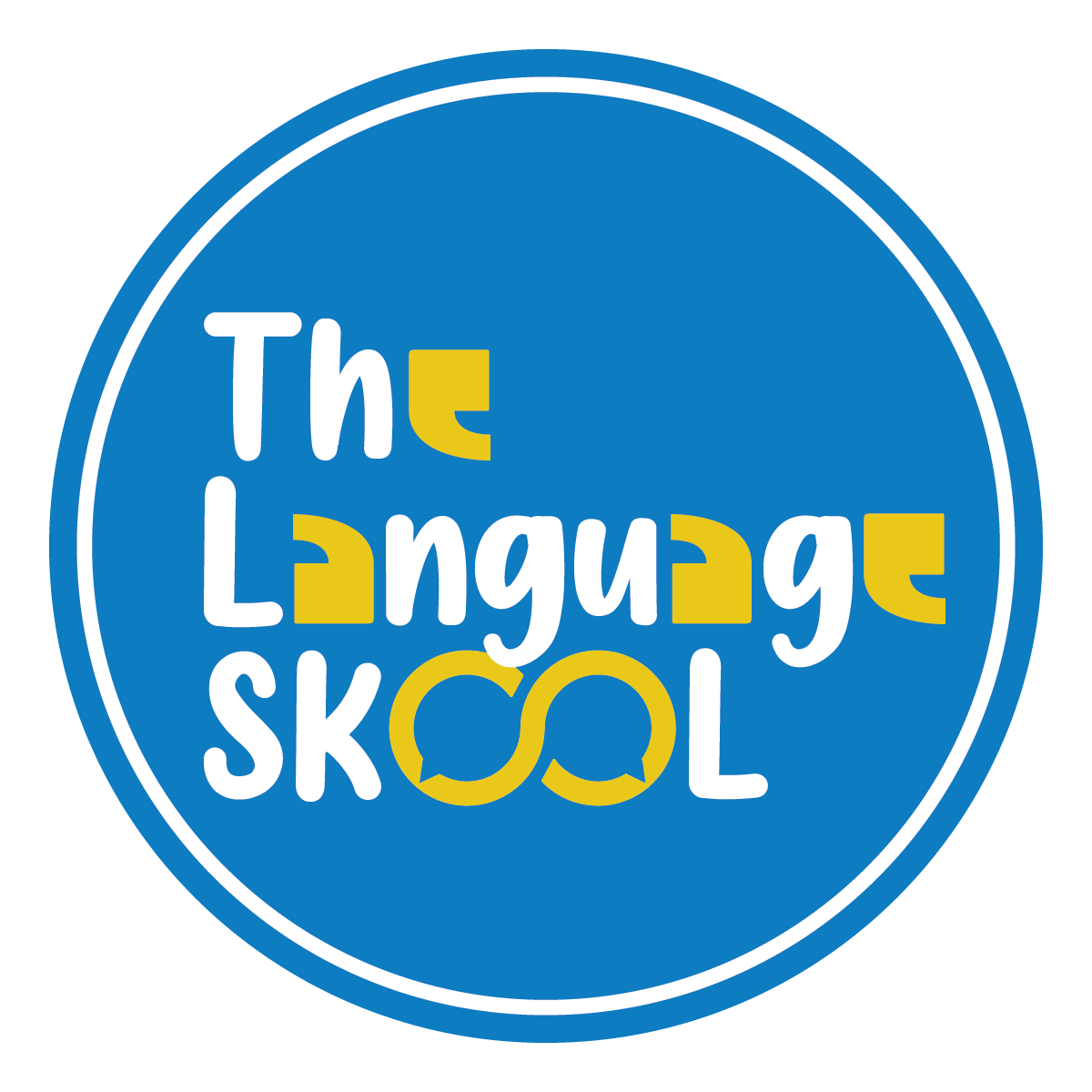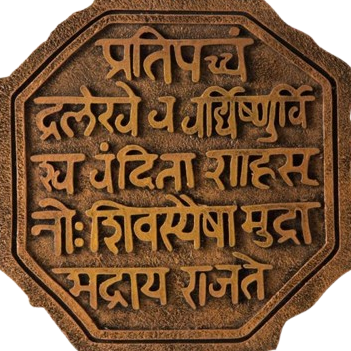
The Most Common Korean Words and How to Use Them
.
If you’ve ever found yourself yelling “Oppa!” at your screen while watching a K-drama or whispering “Aigoo” when you drop your phone, you're already dipping your toes into the Korean language. But if you’re ready to go beyond the clichés and start learning real, everyday Korean words that native speakers use, this blog is your beginner’s dream.
At The Language SKOOL (TLS), language learning should feel fun, intuitive, and useful. Whether you're dreaming of a trip to Seoul, obsessed with Korean dramas, or just looking to impress your Korean-speaking friends, these essential Korean words (with pronunciation and meaning) will help you start speaking with confidence.
Let’s dive into the most common Korean words used in daily life and how you can use them.
1. Annyeonghaseyo (안녕하세요) — Hello
Pronounced: an-nyong-ha-se-yo
This is the standard way to say hello politely. You'll hear it in shops, on the street, or pretty much anywhere in Korea. It works for mornings, afternoons, and any awkward first-time meetings.
Use it when: You’re meeting someone new, walking into class, or starting a conversation on a language exchange app.
2. Gamsahamnida (감사합니다) — Thank You
Pronounced: gam-sa-ham-ni-da
The golden word for expressing gratitude. Whether someone holds the door open or helps you with directions, this polite version of “thank you” always hits the right note.
Use it when: You want to say thanks without sounding too casual or robotic.
3. Ne (네) and Aniyo (아니요) — Yes and No
Pronounced: neh / a-ni-yo
Short, powerful, and essential. “Ne” means yes, and “Aniyo” means no. Use them in literally every situation—answering questions, ordering food, or reacting to surprising news.
Use it when: You need simple and clear responses in any basic conversation.
4. Igeo mwoyeyo? (이거 뭐예요?) — What is this?
Pronounced: ee-geo mo-ye-yo
Possibly the most useful phrase when you’re exploring new places or looking at mystery dishes on a Korean menu.
Use it when: You’re pointing at something unfamiliar or asking about a word you don’t understand.
5. Jinjja? (진짜?) — Really?!
Pronounced: jin-jja
A quick way to show surprise or disbelief. Use it when you hear shocking news—or something just too good to be true.
Use it when: Your K-pop idol drops a new song or your friend tells you they’re fluent in five languages.
6. Wae? (왜?) — Why?
Pronounced: weh
If you're confused or just curious, this one-word question is your new best friend.
Use it when: You want to ask why someone did something... or didn’t do their homework.
7. Gwaenchana (괜찮아) — It’s okay / I’m okay
Pronounced: gwen-cha-na
Use it when something small goes wrong, or you want to let someone know you're fine. This phrase is super versatile and can also mean “no thanks.”
Use it when: Someone apologizes, offers help, or you’re calming a panicked friend.
8. Eodiyeyo? (어디예요?) — Where is it?
Pronounced: oh-dee-ye-yo
Struggling to find the washroom? Or the nearest café in Seoul? Just add the place name in front of this question, and you're good to go.
Use it when: You’re traveling or exploring unfamiliar areas.
9. Baegopayo (배고파요) — I’m hungry
Pronounced: bae-go-pa-yo
Trust us, this one will come in handy. Learn it once, use it forever—especially if you’re a foodie.
Use it when: You're craving Korean food and want to subtly hint it’s time to eat.
10. Saranghaeyo (사랑해요) — I love you
Pronounced: sa-rang-hae-yo
This one’s for when you’re feeling brave—or watching an emotional K-drama. It’s formal, sincere, and straight from the heart.
Use it when: You’re expressing love (or singing along to a romantic Korean ballad).
Bonus Slang You’ll Hear Everywhere
Aigoo (아이구) — Pronounced: eye-goo — Like “oh no” or “ugh,” used when you’re tired or frustrated.
Daebak (대박) — Pronounced: deh-bak — Means “awesome” or “wow,” used when something’s amazing.
Mollayo (몰라요) — Pronounced: mo-la-yo — “I don’t know,” perfect when you're feeling clueless.
Why Learning These Words Actually Helps
Many Korean learners make the mistake of diving straight into complicated grammar and vocabulary they’ll never use. But the truth is, 70% of your everyday conversations in Korean can happen using just 50–100 common words. By learning these basics with correct pronunciation and meaning, you build a foundation that grows naturally over time.
And when you learn with The Language SKOOL (TLS), you don’t just memorize words—you use them. Our interactive lessons, real-time practice, and fun challenges help you absorb Korean like a native speaker, not like a textbook.
How to Start Speaking Korean Like a Real Person (Not a Robot)
-
Repeat and shadow — Say the words out loud after hearing them. Copy the tone and rhythm.
-
Use flashcards, but in context — Don’t just memorize; create simple sentences using the words.
-
Watch K-dramas with subtitles off (or partially off) — You’ll start recognizing phrases in real-time.
-
Practice with people — Join a language exchange group or sign up for classes at TLS to practice speaking.
-
Download the TLS app — Practice daily, track your progress, and never forget a word again.
Ready to Learn Korean Online? Start With TLS
Whether you're a K-drama fan, a travel enthusiast, or just curious about Korean culture, learning the most common Korean words is the perfect starting point. And if you're looking for the best way to learn Korean online—from native teachers and experienced language coaches—The Language SKOOL is your home base.
With our beginner-friendly Korean courses, you'll learn how to:
-
Speak Korean confidently from day one
-
Use real Korean phrases in real situations
-
Build vocabulary, pronunciation, and cultural context step by step
-
Stay consistent with interactive tools and bite-sized lessons
So next time someone says “Annyeonghaseyo,” you won’t just wave awkwardly—you’ll answer with confidence.
Join The Language SKOOL today and speak your first Korean sentence this week.
Visit our Korean learning program page and start your journey today.












